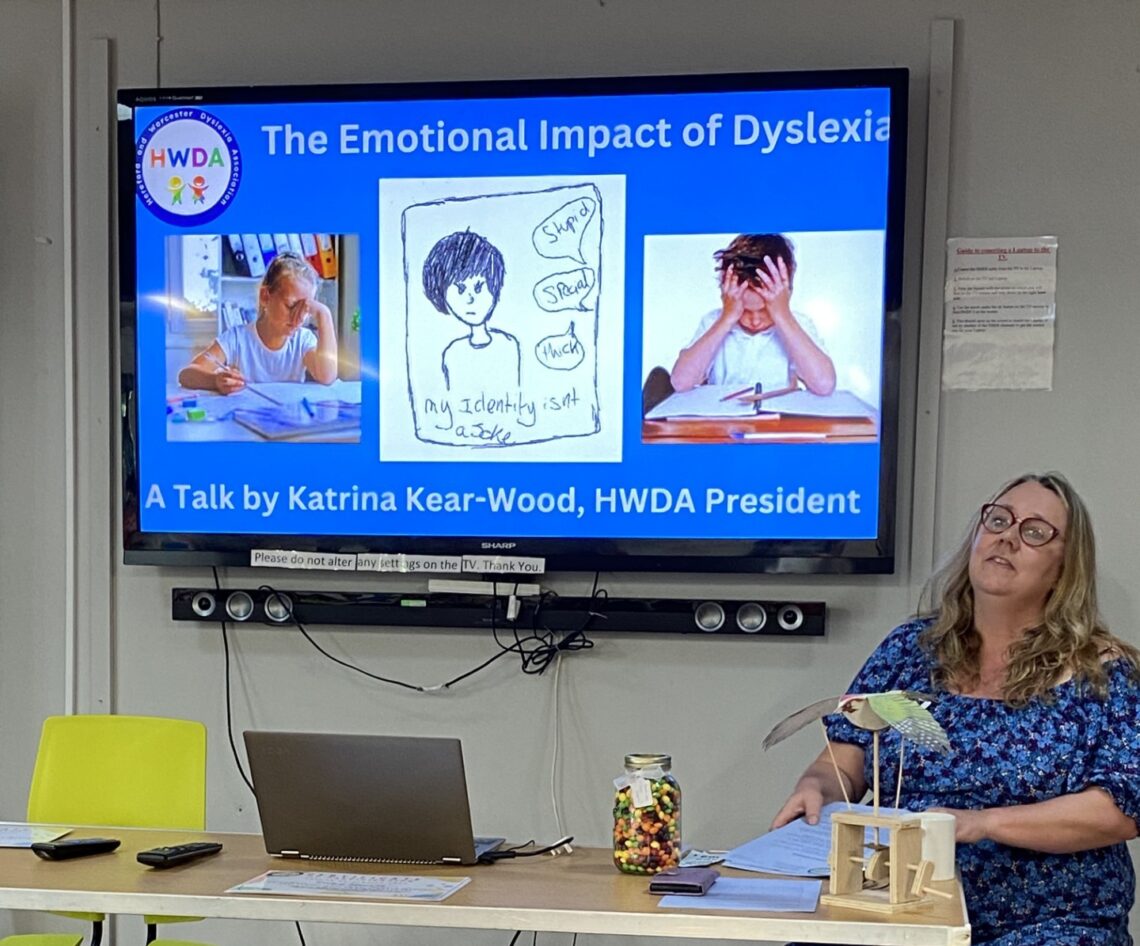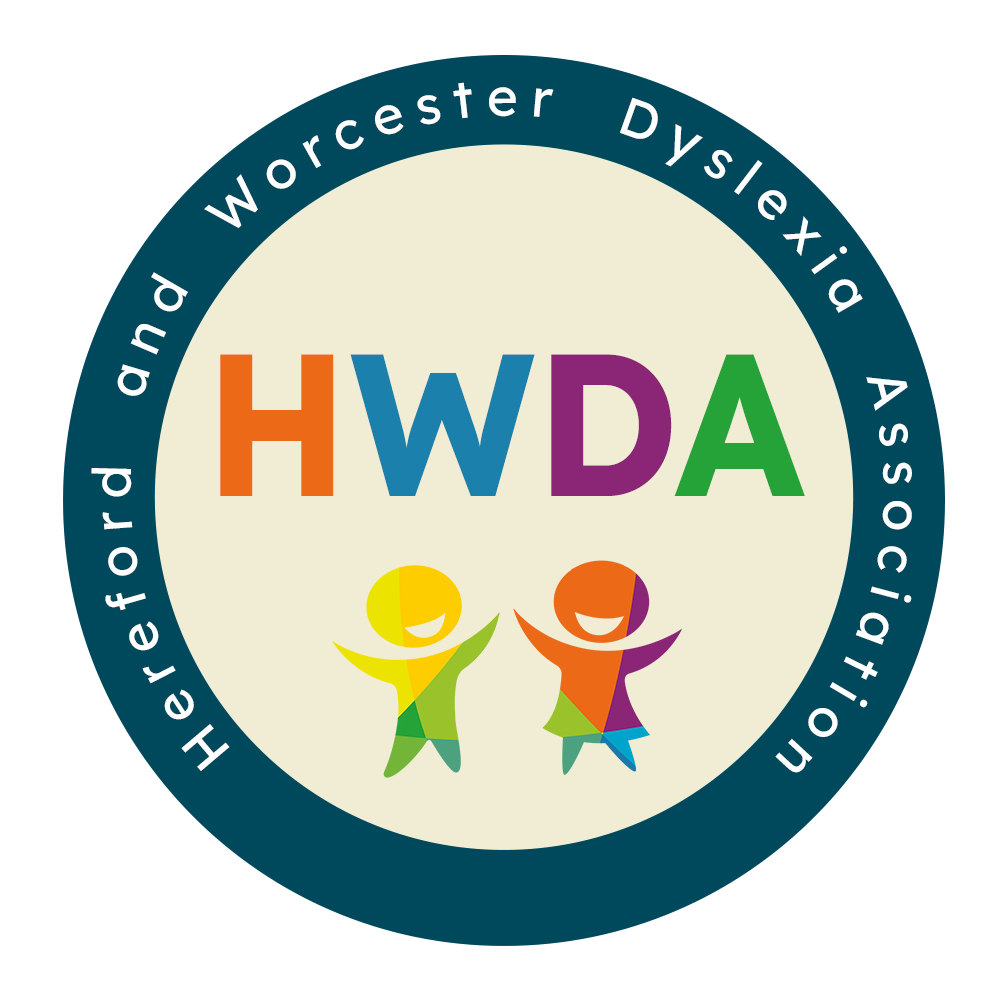The Emotional Impact of Dyslexia: A Talk by Katrina Kear-Wood

At the HWDA Annual General Meeting Katrina Kear-Wood, HWDA President, gave an informative talk on the Emotional Impact of Dyslexia: below is the full transcript which provides valuable guidance on recognising the emotional impact and how to support dyslexic learners.
The Emotional Impact of Dyslexia
Children with dyslexia are at higher risk for intense feelings of sorrow and pain.
Anxiety is the most frequent emotional symptom reported by children and adults with dyslexia. Anxiety is a normal, adaptive human response intended to protect us from danger. It often results in the typical reactions of fight, flight, or freeze when encountering an adverse situation. This response can interfere with day-to-day functioning and children become fearful because of their constant frustration at school.
The anticipation of possible failure when asked to read or spell, which may apply to many new situations can result in anxiety. Anxiety can cause avoidance. This can then be misunderstood and misinterpreted as laziness or bad behaviour. Another emotional response is anger, out of frustration with school or social situations. Anger is a common manifestation of anxiety and depression. In addition to the obvious difficulties in a school environment, children and young people with dyslexia often find school a challenge. Dyslexia can affect memory, organisation, time-keeping, concentration, multitasking and communication.
It is not uncommon for the levels of frustration and anxiety to wax and wane, frequently correlating with the level of understanding and support our children are provided with. Consistent support and encouragement is needed. Other strategies include listening, providing a clear understanding definition of dyslexia, incorporating the appropriate language, so the child or young person understands their unique profile, their strengths and weaknesses, what a ‘spiky profile’ means to them.
Celebrate strengths associated, including reference to famous people with dyslexia, refer to organisations and charities such as Made by Dyslexia, the British Dyslexia Association, the Dyslexia Show and the Hereford and Worcester Dyslexia Association, championing the amazing strengths and increasing awareness of dyslexia.
Children with dyslexia may also be perfectionists, the setting of clear and obtainable goals/ targets to show that progress has been made may be beneficial. Ensure consistency, allowing for scaffolding and chunking of activities and ensuring reasonable adjustments are in place, as well as understanding by those supporting and teaching.
It is essential that self-esteem is nurtured, incorporating positive reinforcement, celebrating successes, in and out of the classroom. Encouraging activities children and young people can shine in will foster a more positive sense of self-worth, external achievements can boost wellbeing and have a positive emotional impact within the classroom. Practitioners can mirror this sense of achievement by supporting and praising activities the child or young person thrives in, helping them feel good about themselves.
It is essential that our children and young people are given a voice and share their experiences at school, including their frustrations and what helps them reduce anxiety to promote a positive self-esteem and improve their wellbeing.
On our website under the Parents’ Area there are lots of resources and signposts for emotional support and promotion of wellbeing, including organisations and videos, which you might like to look at and share as appropriate with your children and young people.
We will be presenting on the Emotional Impact of Dyslexia to raise awareness and we will be sharing some of our children’s experiences, what has or would help, so our children and young people can influence and impact. The HWDA strives to promote understanding and awareness of dyslexia.

